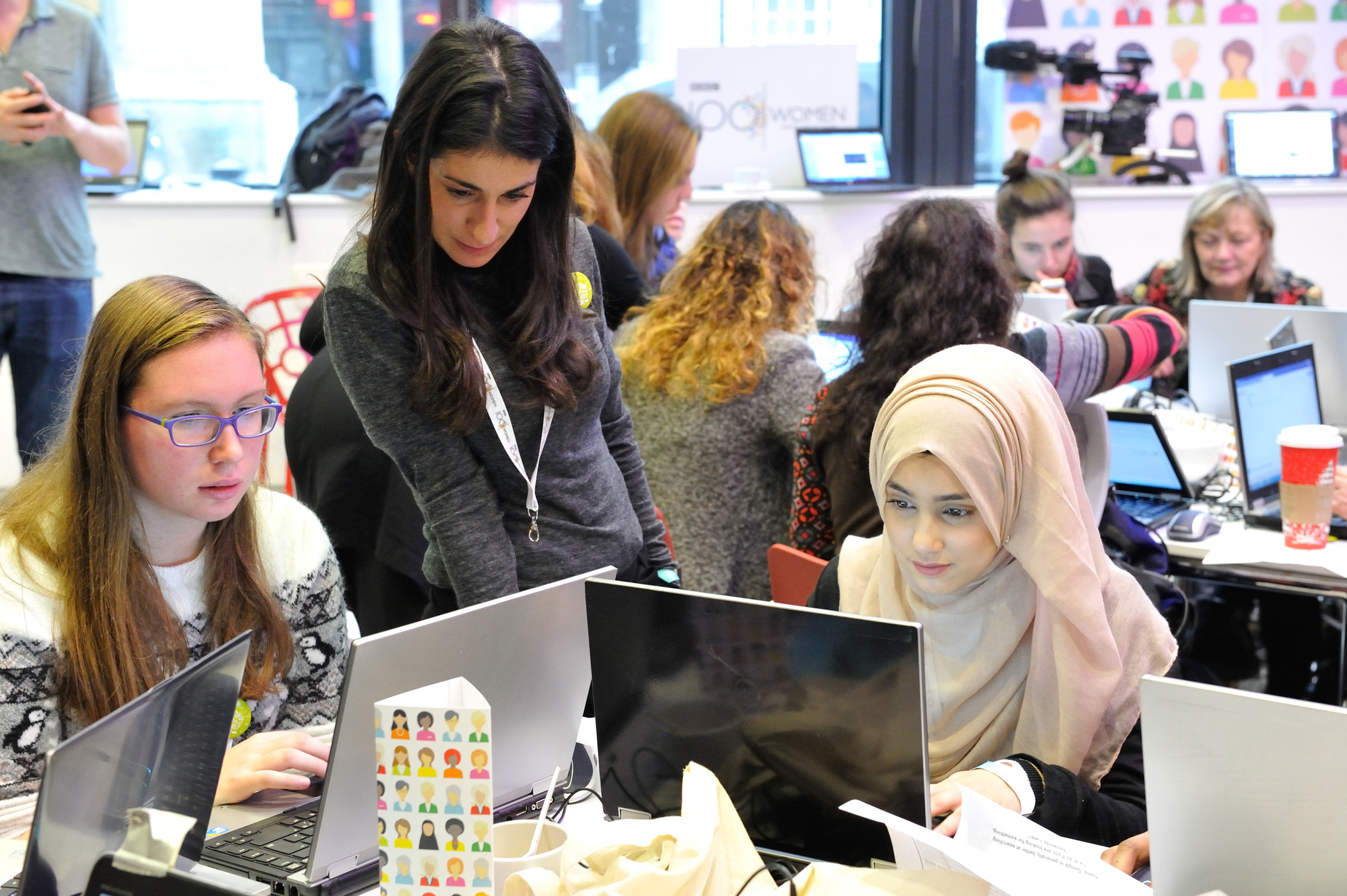By Katie Crampton, Communications Coordinator at Wikimedia UK
The goal of Wikipedia is to create a world where everyone has access to all available knowledge, but in order to do this, we need to reflect all global viewpoints. Increased engagement and representation of marginalised groups and topics on Wikipedia has been a significant strategic goal of Wikimedia UK’s work to combat inequality and bias. While there are many ways that institutions of power and privilege can exclude people, we will be focusing on the gender gap this Women’s History Month and critically examining how women are portrayed on Wikipedia and the Wikimedia projects.
It is crucial to fight to improve the representation of women, non-binary individuals, and related topics on Wikipedia. We must ensure that the free global information resource, which is read more than 15 billion times a month, is conveying everyone’s narrative if “you can’t be what you can’t see.” Women, people of colour, persons with disabilities, LGBTQ+ people, and people who reside outside of the United States and Western Europe are included in this. Those individuals and their tales already exist; they don’t require a Wikipedia entry to make them come to life. The “first stop” for many of us, though, when we want to learn about the world is Wikipedia.
On Wikimedia, people of any gender can and do devote time and effort to solving gender inequity. This could be done in a variety of ways, including writing fresh stories on women, hiring more female editors, increasing awareness of the gender pay gap, etc. Editing Wikipedia is becoming more and more recognised as a type of knowledge activism that addresses information gaps and sparks debates about how knowledge and information are produced, vetted, and challenged online.
At Wikimedia UK we organise projects that help close the gender gap on Wiki, like our partnership with The National Galleries of Scotland worked with us to achieve greater gender parity for the artists represented on Wikipedia. In our lead volunteers – volunteers who organise events and projects supporting our work – we have achieved gender parity.
If you’re interested in attending events aimed at closing the gender gap, check our events page for upcoming opportunities.






